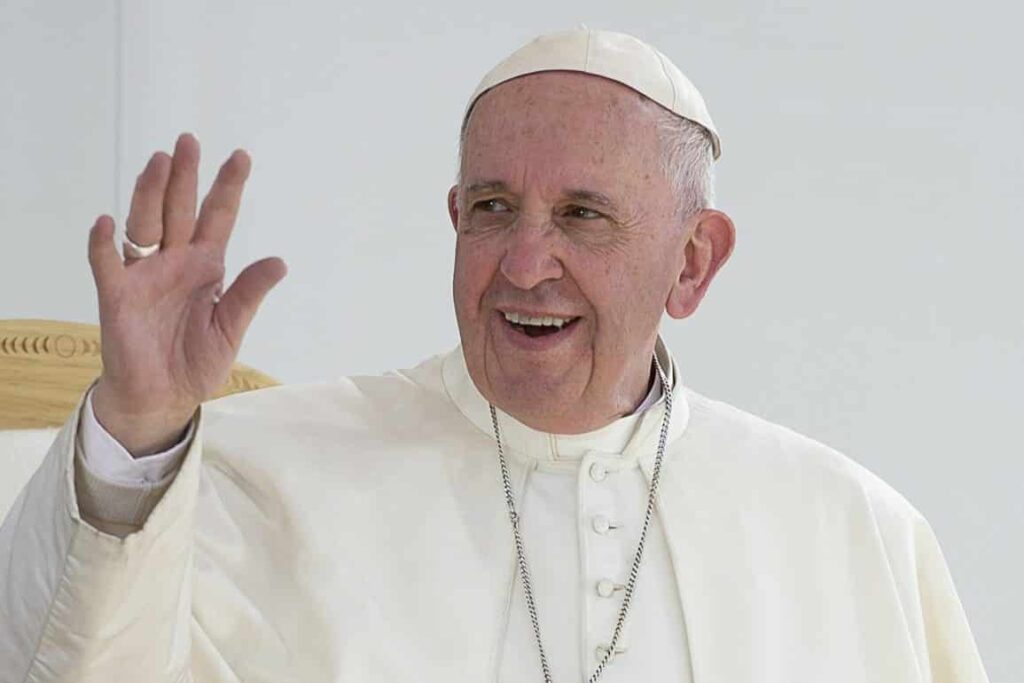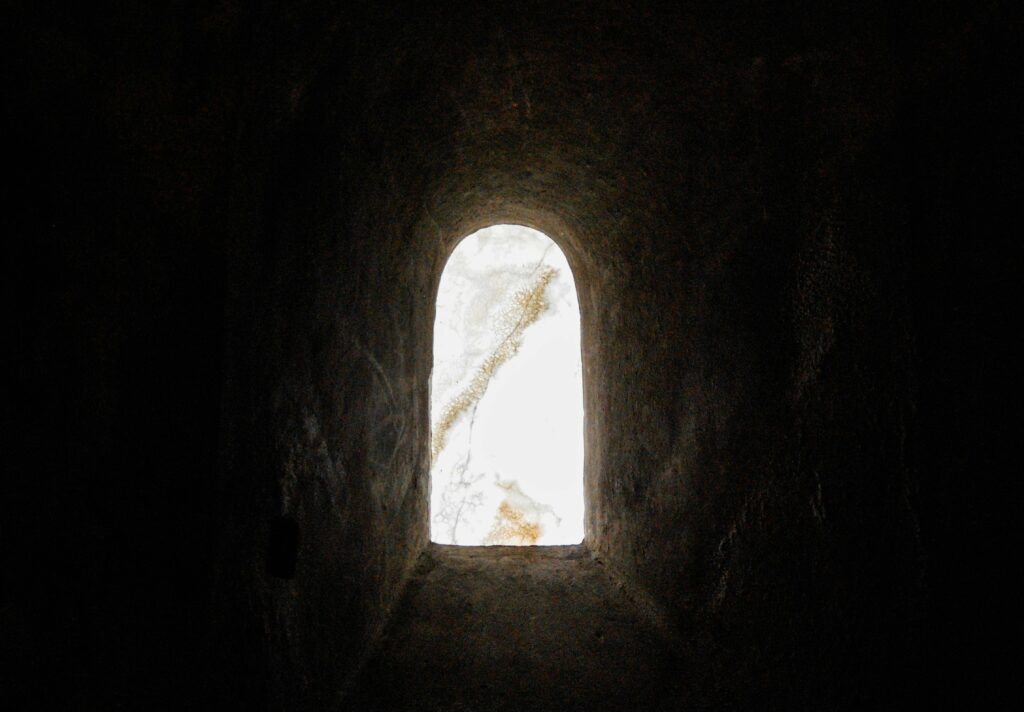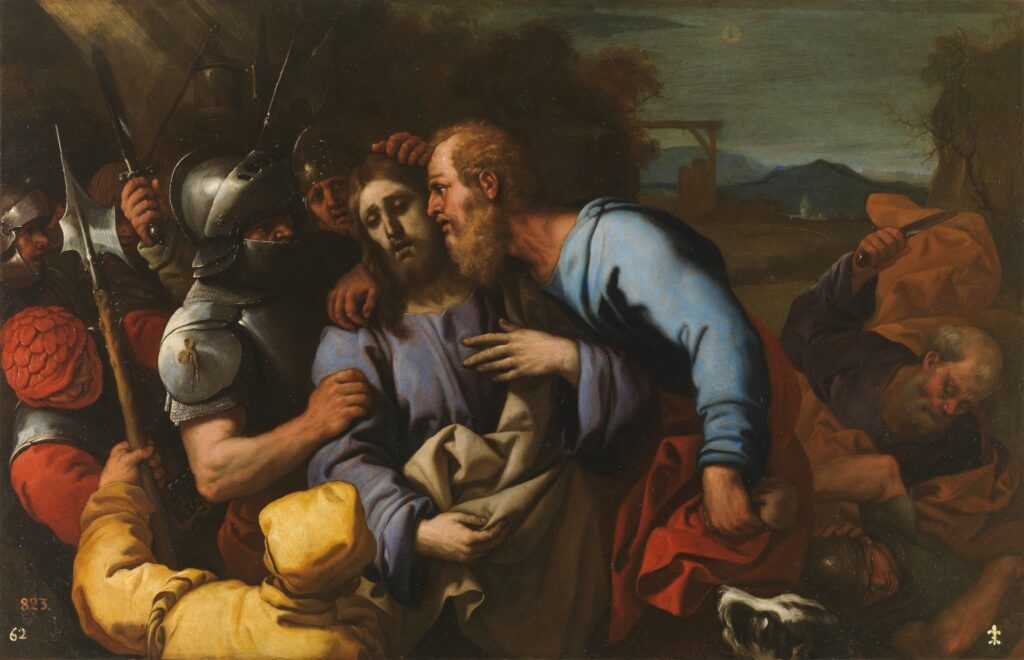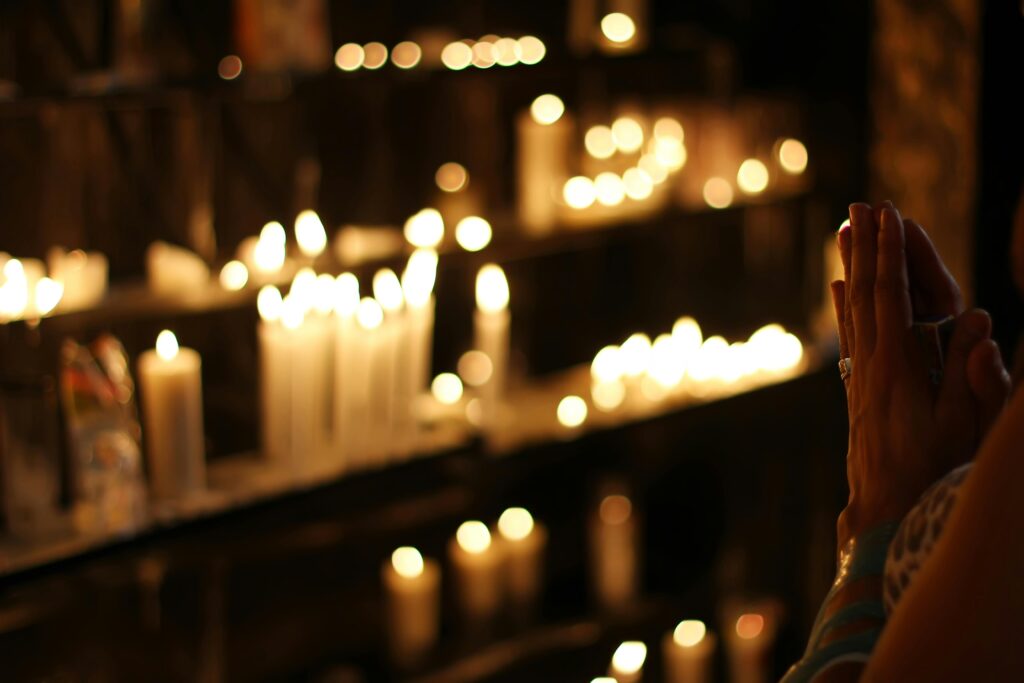With Francisco, 11 years “out to sea”
March 13, 2024

The conclave of cardinals, for the election of the new Pope, elected on March 13, 2013, the then Cardinal of Buenos Aires – Argentina, Jorge Mario Bergoglio, who chose FRANCISCO as the name for his pontificate, in homage to the “poverello” (the poor little one) and saint of Assisi. Name, with which he already indicated a profile and a course of what his life and teaching have been like in these years of Petrine ministry.
These days we celebrate, then, eleven years since Francis became the first Jesuit and Latin American Pope to direct the destinies of the Church to guide Catholics in the Christian faith and the Vatican as head of State.
They have not been easy years, either for the Church or for the world. The context and difficult global panorama in which Francis has had to serve his pontificate has been marked by armed conflicts such as South Sudan, and Yemen, violence in Nigeria, the conflict in Syria, and the Islamic State Caliphate. , in addition to the current Russian-Ukrainian conflict and, more recently, the Israeli-Palestinian war conflict, with the tragic consequences and humanitarian crises that each war generates.
Along with the aforementioned conflicts, Pedro’s boat, helmed by Francis, has had to navigate between instability and tensions in the European Union, threats of nuclear tests from North Korea, the pulse of commercial power between the United States and China, the social demands of the “Me Too” movement along with those of other civil rights movements and “minority” social groups, in addition to technological advances, especially in the field of telecommunications, which have been rapidly changing and transforming the lifestyle of human beings and social coexistence.
As if that was not enough, in this last decade we have also witnessed major health crises, such as the Ebola outbreaks in Africa and the Covid-19 coronavirus pandemic, with nearly six million deaths since its diagnosis in the Wuhan city. Let us add to this panorama the serious migratory crises of large masses of the African population fleeing to Europe, that of the Rohingya population trying to flee from Myanmar to Bangladesh and that of hundreds of thousands trying to cross the border between Mexico and the United States, always in search of better living conditions and always with an immense trail of suffering and humiliation among those who are forced to abandon their homelands and their loves. All of the above, combined with very serious natural disasters, such as the earthquake in Ecuador or the Hurricane in Haiti.
To all this conflict and human tragedies, Francis has had to add serious problems to his pontificate, within the Church itself, such as: the crisis that the resignation of his predecessor Benedict XVI meant for the Church, sexual abuse by part of clerics, the fire of the Notre-Dame cathedral in Paris, the persecution of Christians in the Middle East by the so-called Islamic State, feminist attacks and other ideologies against the Church.
As if that was not enough, as in the gospel itself, Francis has not lacked Iscariots, traitors to the causes of the gospel, opposing and denying his pontificate and teaching. These denials and betrayals within the Church itself, by those “who dip bread in the same dish” (Mt 26:23), hurt more and do more damage because of the scandal they cause against the unity demanded by the Gospel. .
But these persecutions suffered by Francis are – for the disciples – a sign of evangelical authenticity. They come from those who follow the logic of the world, contrary to that of the gospel. Because he who wants to follow Christ “must carry the cross” (Mt 16:24) that is born from persecutions and these, from the clash between the Gospel and the criteria of the world.
Because if something has characterized Francis, from the first moment of his Pontificate, it has been his attachment to Jesus and his gospel, which is why he has become a light and “sign of contradiction” (Lk 2:34-35) for the church and for the world. From this attachment to the gospel comes his authority, which is absolute coherence between his actions and his words, between his words and his gestures.
But how has Francis responded to the urgencies of humanity? What has Pope Francis done to win over opponents within the Church? What has been the main pastoral and evangelizing lines of Francis during his Petrine ministry?
Francis has promoted initiatives for the reform of the Roman curia and the Vatican administration, especially in the field of economy and finance, he has insisted on the need for coherence between the evangelizing mission of the Church in the world and the lifestyle of evangelizing agents, religious leaders, bishops and priests, has tightened the norms that help protect minors and has led the defense of the rights of migrants.
But, in addition, Francis exhorts, in time and out of time, in all his documents, speeches and homilies to the renewal of Christian life and the Church, to the missionary vocation, to care for “the common home.”
In his countless trips, in his meetings with communities or with world leaders, in the world youth days, in his writings, in all his interventions, in the symbolism of his prophetic and evangelical gestures and, especially, in his three Letters Encyclicals: Lumen Fidei (on faith as a light to be shared) Laudato Si (on the care of the common home), Fratelli Tuti (on universal brotherhood) Francis has emerged as the Pope of mercy, synodality and ecumenism.
Congratulations!! Paraphrasing Alberto Cortéz, Catholics and men and women of good will, we congratulate ourselves for the presence and guidance of Francis, and we sing because this “fragile ship… has clinging to its rudder, as captain and helmsman” a great man, a Christian authentic, to a good shepherd. May Francis be with us for many more years!
Related
 (EN)
(EN)
 (ES)
(ES)
 (IT)
(IT)





